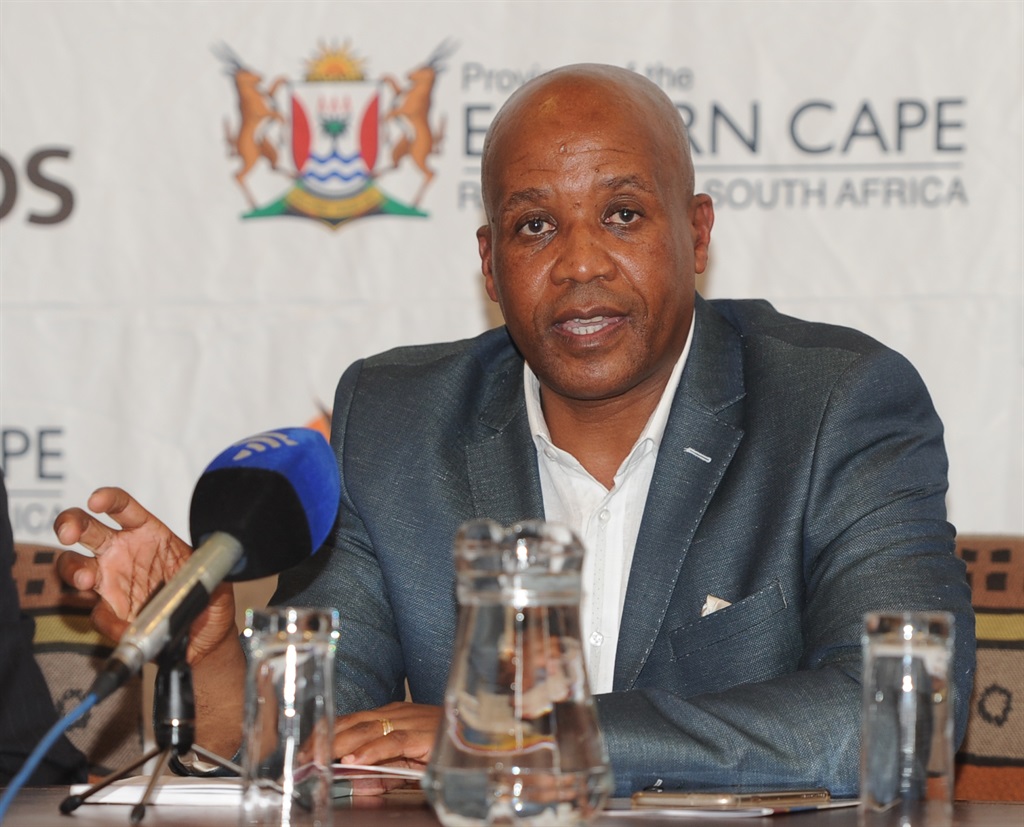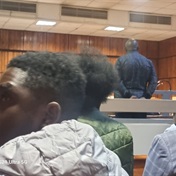
The year 2017 was always going to be a big year for politics in the Eastern Cape, especially for the ANC ahead of its make-or-break elective conference in December.
With the province, which at one point had the second largest ANC numbers after KwaZulu-Natal before it was kicked to third by Mpumalanga during the year, the Eastern Cape become the biggest political battleground for those who wanted to succeed President Jacob Zuma as party leader. And with that the front-runners for the top ANC job, Cyril Ramaphosa and Nkosazana Dlamini-Zuma, did not waste any time.
As early as January 15 Ramaphosa was at the Walter Sisulu Stadium where he addressed thousands of ANC supporters on the 105th anniversary of the ruling party in the OR Tambo region. The region later sent the biggest voting block for Ramaphosa to the elective conference, with the ANC in the province also nominating him as their preferred candidate.
In the Eastern Cape Ramaphosa received 423 branch nominations against Dlamini-Zuma’s 61 branch nominations.
This was not surprising in a province that is largely rural and ruled by traditional leaders – after all, Ramaphosa also received endorsement from monarchs at the Eastern Cape House of Traditional Leaders.
On the other hand Dlamini-Zuma was on the receiving end of an embarrassing rejection by traditional leaders, the worst coming from AmaXhosa’s very own king, Mpendulo Sigcawu, who told her during a visit to the great place in February that the country was not ready for a woman president. His views, which revealed how deeply rooted patriarchy was in the traditional leadership framework, were widely criticised. But this did little for her campaign which had sought an endorsement from the king. Dlamini-Zuma quickly changed tact, staying far away from traditional leaders of the Eastern Cape and opted to address crowds that were more sympathetic to her, including students, and even funeral undertakers.
In May she addressed the SA Funeral Practical Association gala dinner at the East London International Convention Centre.
The convention centre was later to be the battlefield (literally) for her supporters and those who supported her opponent, Ramaphosa. Without a doubt the eighth ANC provincial conference held at that venue was the biggest political highlight for the Eastern Cape. The violent conference – which was contested by premier Phumulo Masualle, who was seeking reelection as chairperson, and Oscar Mabuyane, the former secretary – ended in delegates being rushed to hospital after they assaulted each other with chairs. At the centre of it all was Masualle’s supporters and, by extension, Dlamini-Zuma’s – who were accused of disruptions and trying to collapse the conference. Supporters of Mabuyane, who wanted Ramaphosa to be president, were then accused of registering bogus delegates and for chasing out other delegates at the conference during the violence.
In the end Mabuyane emerged victorious in what is still a highly contested outcome with court challenges and internal party appeals.
But as with the AmaXhosa king and Dlamini-Zuma, politics in the province is not only the preserve of politicians.
Traditional leaders had politics of their own, in particular the AbaThembu nation.
Since the incarceration of King Buyelekhaya Dalindyebo for various serious crimes in December 2015, his son, now acting king, Azenathi has been at loggerheads with the king’s younger brother, Prince Mthandeni over the acting position.
The provincial government had formerly recognised the young Azenathi as acting king at the beginning of the year, leaving a frustrated Mthandeni faking his own kidnapping to get the attention of Masualle, whom he has also taken to the Grahamstown High Court for recognising Azenathi and not him.
Mthendeni also tried in vain from preventing deputy president Ramaphosa from holding a dialogue with traditional leaders on the issue of HIV/Aids at the Bumbane Great Place, which was hosted by Azenathi. His argument was that the great place was a contested terrain since he was still fighting the recognition of Azenathi in court. But not only did Azenathi host Ramaphosa – he went a step further and took him to the most sacred place at their homestead, the grave of late king Sabata Dalindyebo. Here he laid wreaths and formally endorsed Ramaphosa as the preferred ANC leader to take over from Zuma.
Another memorable highlight for the province was the hosting of the OR Tambo centenary celebration in Nkantolo village in Mbizana. On October 27, the longest serving president of the ANC, Oliver Reginald Tambo would have been 100 years had he not died. Attended by both Zuma and Ramaphosa, the event saw dignitaries from all walks of life descending to the small and dusty village. Everything went well except for an unfortunate bus accident wherein six people who were going to the event were severely injured.
Back to politics. Not to be outdone in the Eastern Cape political arena, albeit outside the ANC, was the inconvenient coalition government of the Democratic Alliance and one of its partners, the United Democratic Movement. Talking about two bulls in one kraal best describes the relationship between mayor Athol Trollip and his deputy Bongabeni Bobani. The two have been at each other’s throats since they formed the government in Nelson Mandela Bay which saw the ANC sitting on the opposition benches for the first time.
In the end Trollip fired Bobani as his deputy and the latter tried to mobilise for a vote of no confidence against the former but it failed.
Early this month there were also some interesting politics playing themselves out between the provincial government [in Bhisho] and the ANC headquarters at Calata House in King William’s Town. At the heart of it all is the Mandela Funeral scandal.
As the country commemorated the fourth anniversary of the passing of the late former president. On the eve of the commemoration, a report was released by Public Protector Busisiwe Mkhwebane on the Mandela scandal. Implicated in it were Masualle and his director-general, Marion Mbina-Mthembu.
This gave the Mabuyane-led ANC provincial executive committee the ammunition they had been waiting for and they moved quickly to summon Masualle to the party headquarters to explain himself. Masualle, who had failed to attend any party meetings since his defeat at the convention centre, was to come face-to-face with his political opponent for the first time since September but he did not show up and sent an apology instead, informing the leadership he was consulting lawyers on the very matter.
With this background the relationship between Calata House and Bhisho will definitely be something to watch in 2018.




 Publications
Publications
 Partners
Partners








